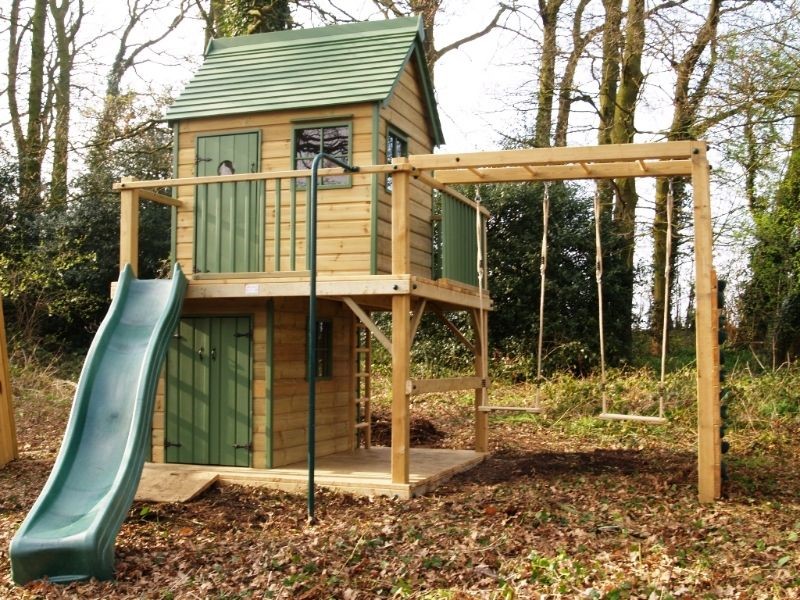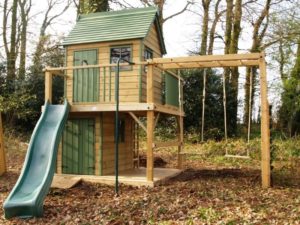Children today spend an awful lot of time in front of screens. Whether it’s playing on a tablet, a games console or mobile phone, this also means they are spending a lot of time indoors. Many studies have been conducted on the health impacts this might be having on children. Whilst there is little in terms of official advice on screen time, we all know that there are more benefits from playing outdoors. Here are just a few:
- Learning
Children can be learning while they play outside. Even educational equipment takes on a new light by being taken outside. Bringing a new dimension to learning can make it more fun than if it just takes place in the normal classroom environment. It also encourages the idea that learning is a continual process and doesn’t just take place in a classroom.
- Creativity
Playing outside opens a whole new world of opportunity for creativity. Without the constraints of four walls, their imaginations can run wild as they notice objects around them and tap into their potential for creativity. - Health
There are many health benefits to play outside and children are usually more active when they have more room to play. Increasing fitness levels helps to burn off additional calories and energy, builds strong bones and has a positive impact on mental health as well. A bit of sunshine is also great for the absorption of Vitamin D. - Sense of adventure
Play equipment outside usually has a little more risk attached to it than indoor toys. This could be using a slide, swing or Childrens wooden climbing frames. Outdoor play equipment helps to push the boundaries, teaching children to challenge themselves and feel a sense of achievement when they’ve accomplished that challenge. It fosters a greater sense of adventure, provides some experience of risk assessment and encourages the confidence to try new things. For Childrens wooden climbing frames, visit NI Climbing Frames.
- Socialisation
With more space outdoors, timid children often come out of their shell a bit more and socialise more openly. Children are more likely to join in with activities and games, talk to different children and make friends. This all helps towards developing social skills and learning how to interact. - Mood
Having the freedom to play outdoors and let off steam helps them to feel calmer and happier. Vitamin D has been proven to provide a mood-boost and improve mental attitudes. Having the chance to burn off excess energy also promotes better sleep at night. - Independence
Older children have the chance to play away from direct adult supervision sometimes when they play outside. This is an important part of growing up and learning a little independence. They learn to play with others and by themselves. They learn how to take turns and share, how to be self-reliant and take care of themselves for short periods.






